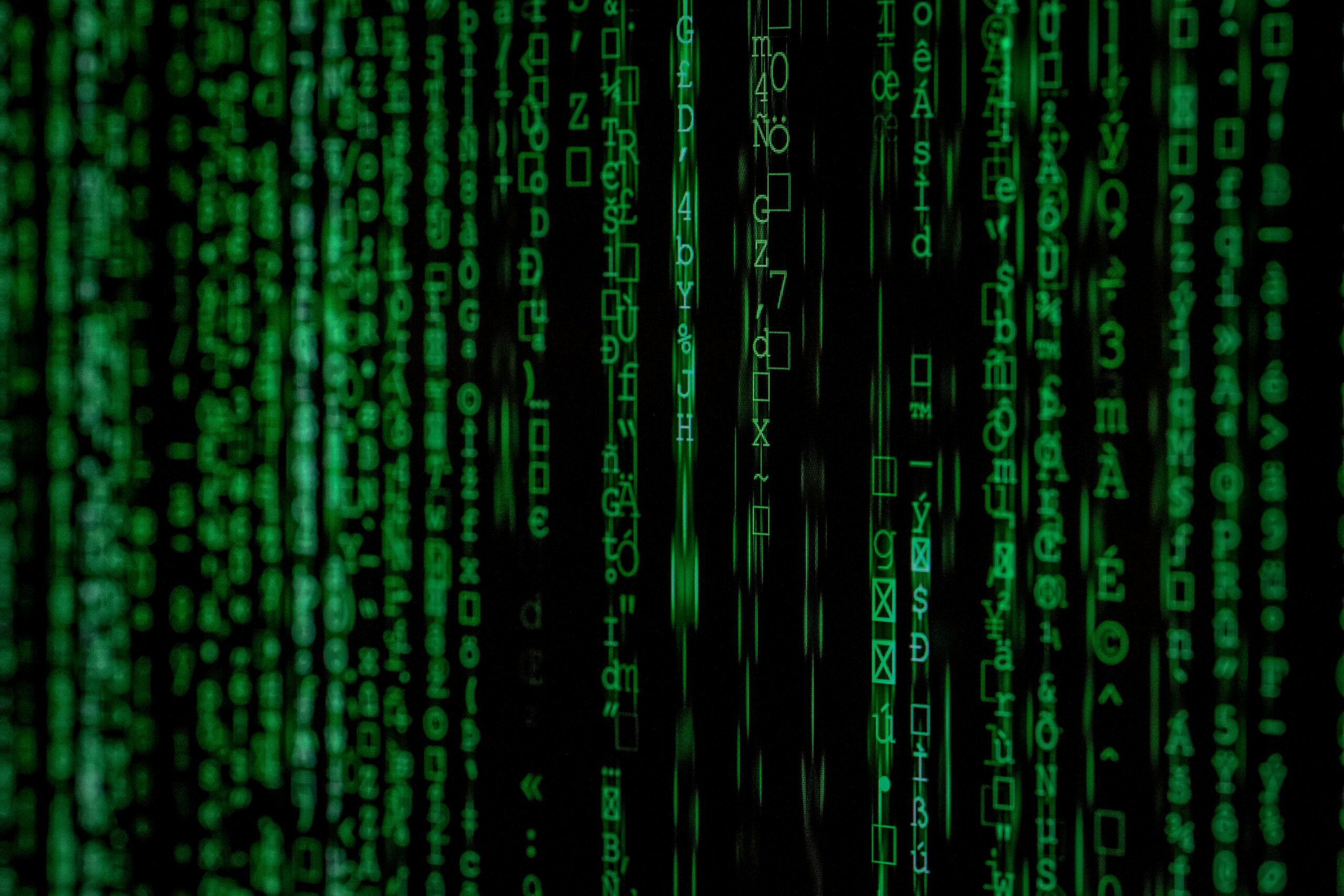Let’s be honest—no one likes being hacked. One day everything is fine, and the next, your account is posting weird links, your private messages are gone, or worse—you can’t even log in anymore. It feels scary and unfair. But here’s the truth: most hacks happen because of simple mistakes that anyone can avoid. The good news? You can protect yourself with a few smart habits. Let’s look at five easy ones you can start using today.
Use Strong, Unique Passwords
This one sounds boring, but it’s the most important. Weak passwords are like leaving your house key under the doormat—it’s only a matter of time before someone finds it.
Use passwords that are long (at least 12 characters) and mix letters, numbers, and symbols. For example, instead of “timothy123,” try something like “Rainy$Sky!Jump42.”
And don’t use the same password for everything! If one account gets hacked, all your others are at risk too. A password manager app can help you create and remember strong passwords safely.
Turn On Two-Factor Authentication (2FA)
Think of 2FA as an extra lock on your door. Even if a hacker steals your password, they still can’t get in without the special code that’s sent to your phone or email.
Most apps like Instagram, Gmail, and TikTok have this feature. It takes less than a minute to set up, and it can stop 99% of account hacks. So if you haven’t turned it on yet—do it now!
Be Smart With Links and Downloads
Hackers love to trick people into clicking fake links or downloading bad files. It’s called phishing, and it’s one of the easiest ways to get hacked.
Before clicking any link in a message or email, stop and ask yourself: “Do I trust this?” If the message sounds weird, or too good to be true (“You’ve won a free iPhone!”), don’t click it.
Also, only download apps from official stores like Google Play or the App Store. Random websites can hide viruses inside their downloads.
Keep Your Devices Updated
Those “annoying” updates on your phone and laptop aren’t just for new emojis—they often fix security problems that hackers could use.
When you see an update, install it as soon as possible. It’s one of the simplest ways to stay protected without doing any extra work.
Think Before You Share
What you post online can reveal more than you think. Sharing your school, birthday, or where you live might seem harmless, but hackers can use that info to guess passwords or pretend to be you.
Be careful with personal details, and make your social media accounts private if possible. Not everyone on the internet needs to know your life story.
You don’t need to be a tech expert to stay safe online. Small habits make a huge difference. Start with strong passwords, turn on 2FA, and be smart with what you click or share.
The internet is an amazing place—but like any neighborhood, it has its dangers. Build these five security habits today, and you’ll be miles ahead of the hackers trying to sneak in. Stay smart, stay safe, and keep your digital life locked tight!
